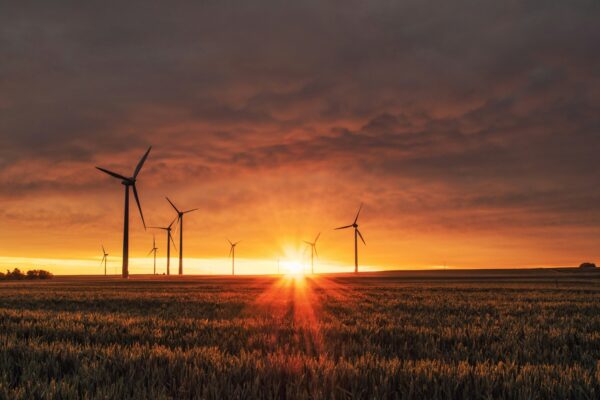The Climate Transparency Report 2020
Authors

The Climate Transparency Report (previously known as "Brown to Green Report”) is the world’s most comprehensive annual review of G20 countries’ climate action and their transition to a net zero emissions economy. This year’s report consists of two parts: the annual policy assessment based on data of the previous year(s) is complemented by an analysis of the impacts of the COVID-19 crisis and recovery efforts on countries’ climate ambition.
Climate Transparency Report 2020: Key findings at a glance
COVID-19 impact on emissions: G20 CO2 emissions are projected to decrease by 7.5% in 2020
G20 recovery spending: too much support for fossil fuels
- 18 G20 countries are providing some support to green industries (except Saudi Arabia and Russia)
- 10 G20 countries are providing support to the domestic coal sector
- 10 countries are providing support to the gas sector
- 9 countries are providing support to the oil sector
- 14 countries bailed out their national airline companies without conditions attached (only France has included conditions to its bailout)
- 7 countries are providing support to the automobile industry without conditions attached (only Germany and France are providing support with environmental conditions attached)
Vulnerability: G20 countries are experiencing the impacts of climate change
- Between 1999 & 2018, G20 countries lost about 220,000 lives & USD 2.6tn to extreme weather events
- More severe impacts (compared to other countries) are projected at 1.5°C for Australia, Brazil, France, India, Indonesia, Italy, Mexico, Turkey, Saudi Arabia, and South Africa
- Adaptation (2019): 19 G20 countries have adaptation plans (except Saudi Arabia)
Mitigation (2019): the G20 are not on track for a 1.5°c world
- CO2 energy-related emissions down 0.1% in 2019
- carbon-intensity of primary energy supply -0.8%
- coal consumption -2%
- CO2 emissions from the power sector -2.4%
- 27% of power generated from renewables, compared to 25% in 2018
- CO2 emissions from the building sector +0.9% in 2019
- energy-related CO2 emissions from the agriculture sector -0.5%
- Fossil fuels still 81.5% of primary energy
- Consumption grows in Gas +3% and Oil +1%
- CO2 emissions from the transport sector +1.5%
- CO2 emissions from the industry sector +1.2%
Policy leaders and laggards
- Renewable energy: No country has 1.5°C aligned renewable energy targets. 16 G20 members have policies to increase renewable generation (except Australia, Mexico, USA and Canada)
- Coal: Only Canada, France, Italy, and the UK have 1.5°C compatible coal phase-out dates, 10 countries have policies in place to reduce coal consumption.
- Transport: The UK, Canada, Japan and France have targets to phase out fossil fuel cars, Australia and Russia have no policies in place to reduce emissions from passenger vehicles. No countries have ambitious policies for decarbonising heavy-duty vehicles.
- Buildings: France, Italy and Germany have 1.5°C compatible policies in place for new zero-energy buildings. Russia and Argentina do not have any policies in this area. No country has 1.5 compatible policies for retrofitting buildings.
- Energy efficiency: Italy and Japan are frontrunners, Germany and India follow with high ambition policies.
- Deforestation: China, EU and Mexico have the most ambitious policies but none of them are 1.5°C compatible.
Finance (2019): G20 members are making progress on mitigating climate-related financial risks
- Financial policies: 17 G20 countries have initiated discussions or are already implementing some form of green finance principles (except India, Saudi Arabia and South Korea)
- Fossil fuel subsidies: G20 countries directed USD 130bn in subsidies to coal, oil, and gas in 2019 (excluding Saudi Arabia, Turkey and the UK)
- Carbon pricing: 18 G20 countries implementing explicit carbon-pricing schemes (except India and Australia) but carbon prices remain lower than required to align with Paris goals
- Public finance: 13 G20 countries partially or fully restrict coal finance (except China, India, Indonesia, Russia and South Africa); 17 G20 members have no restrictions for oil & gas finance











